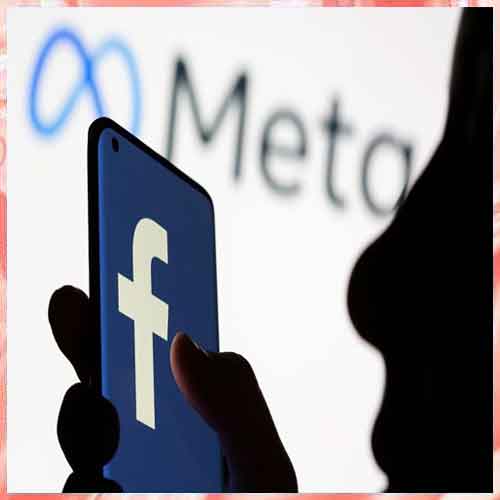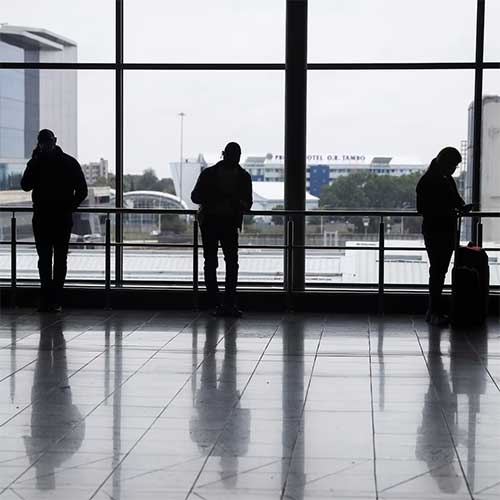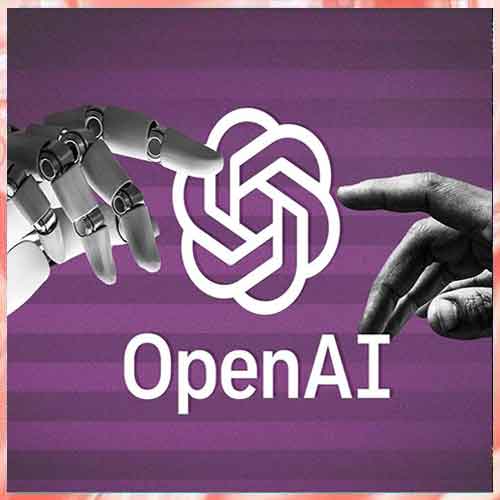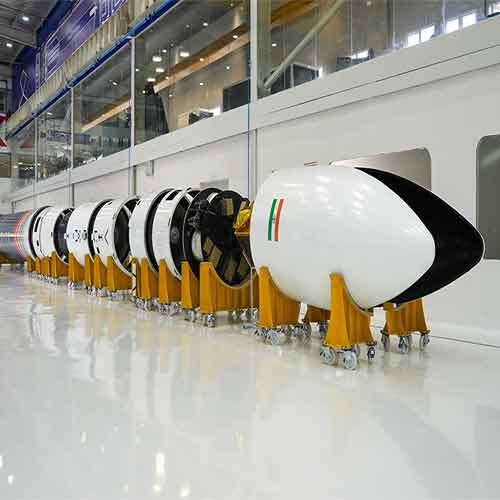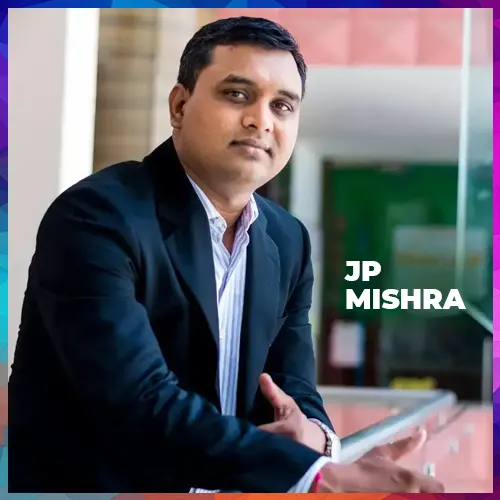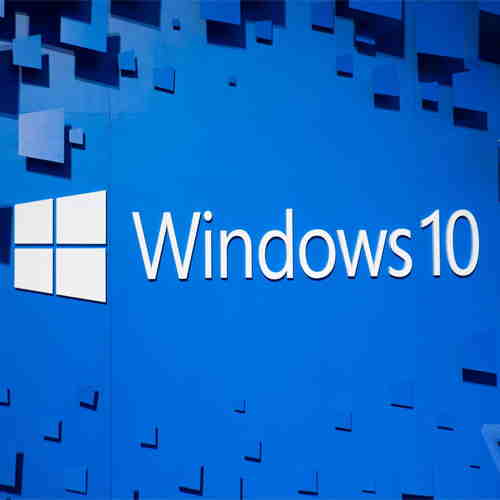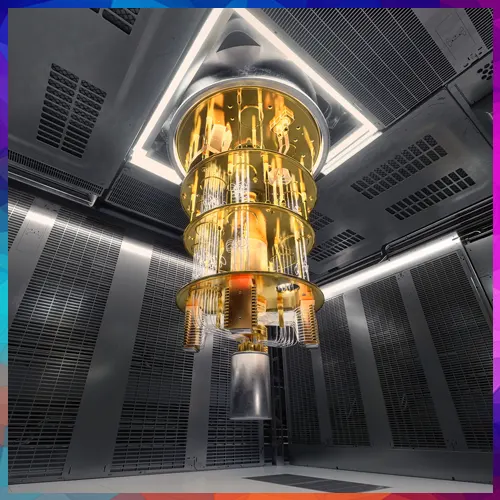
With quantum computing on the horizon—a technology capable of breaking even today’s strongest encryption—existing digital voting methods face a looming and unprecedented security threat
In a major breakthrough for the future of democratic elections, researchers at the Norwegian University of Science and Technology (NTNU) have developed a secure digital voting system that remains resistant even to quantum computing threats, paving the way for truly safe online elections.
While much of daily life has moved into the digital realm, voting largely remains a physical process. Despite the convenience of digital tools, concerns over security, voter privacy, and vote verification have slowed the adoption of remote electronic voting. Now, with quantum computing on the horizon—a technology capable of breaking even today’s strongest encryption—existing digital voting methods are facing a looming threat.
Safeguarding elections from quantum threats
“Cybercriminals and certain state actors are already storing encrypted election data, waiting for future quantum computers to decrypt it,” said Associate Professor Tjerand Silde, who led the research at NTNU’s Department of Information Security and Communication Technology.
To counter this, Silde and his team have created a quantum-resistant voting system designed to protect the integrity and anonymity of votes, even decades into the future. The system addresses three major challenges: verifying voter eligibility, preserving the secrecy of the vote, and ensuring transparency in vote counting.
“Our design mixes the votes in a way that makes it impossible to trace them back to individual voters,” Silde explained. “At the same time, the system guarantees that the mixer cannot tamper with the votes. It’s verifiable, secure, and built for future threats.”
Hybrid future for secure voting
The new protocol is not intended to replace physical voting entirely but to serve as a robust option in hybrid systems. While countries like Estonia and Switzerland have already deployed encrypted digital voting mechanisms, experts warn that they may not withstand quantum decryption capabilities.
As nations explore more secure, inclusive, and cost-effective voting methods, NTNU’s quantum-secure system could become a key component of next-generation election infrastructure—especially as the push for digital transformation in governance accelerates.
See What’s Next in Tech With the Fast Forward Newsletter
Tweets From @varindiamag
Nothing to see here - yet
When they Tweet, their Tweets will show up here.




